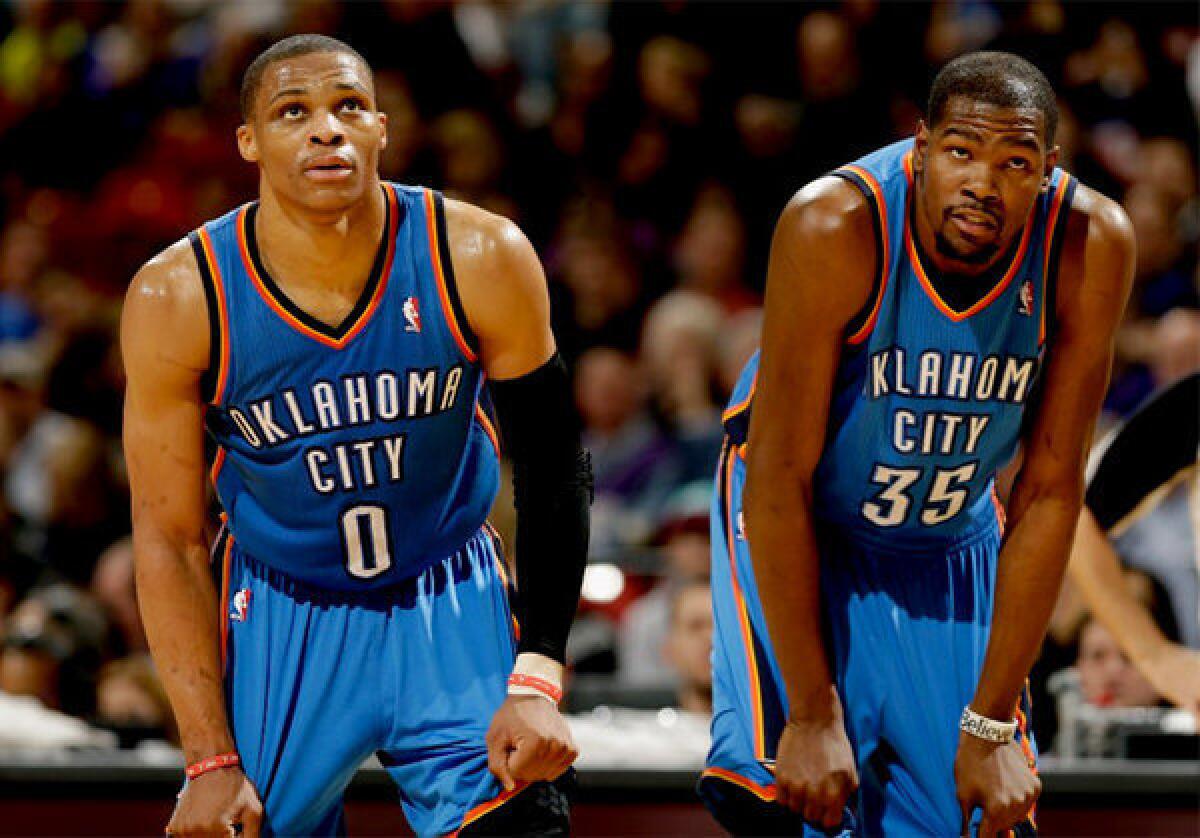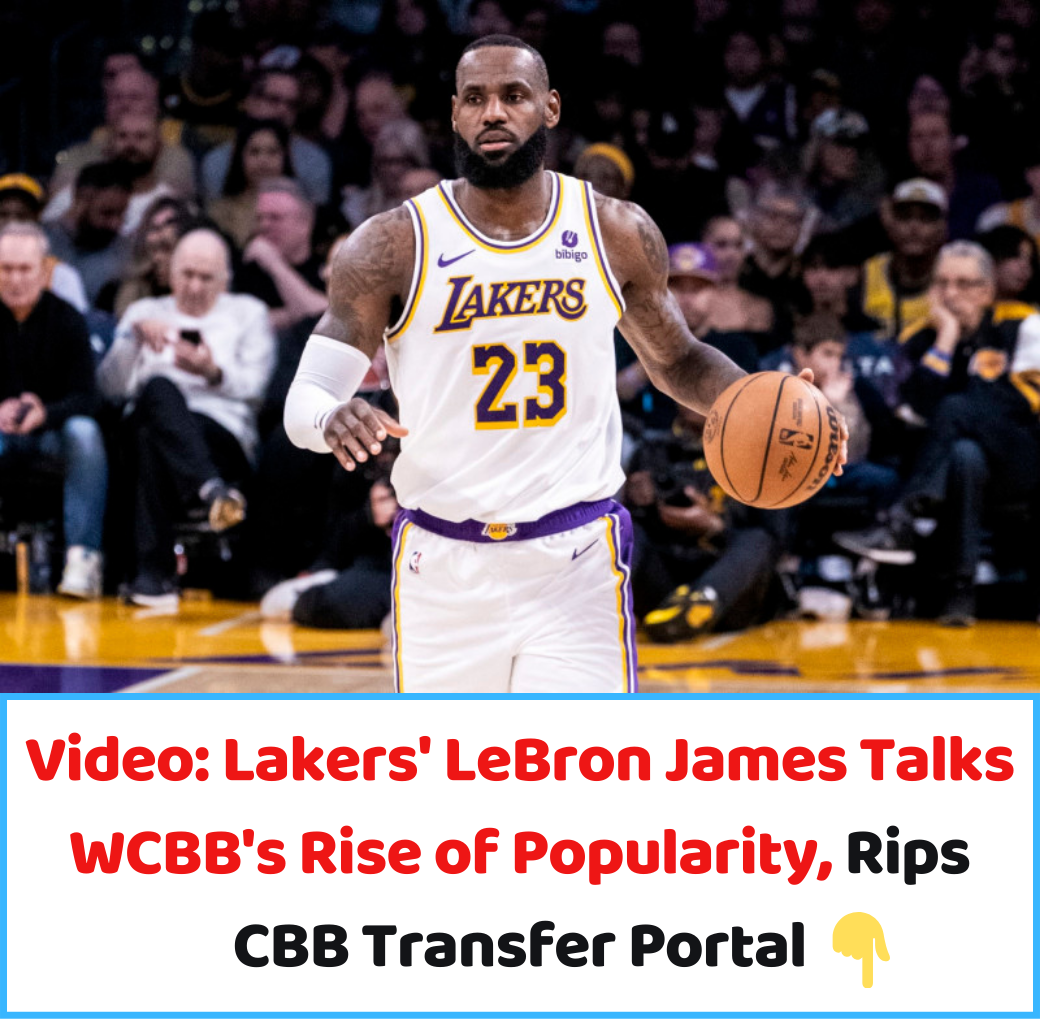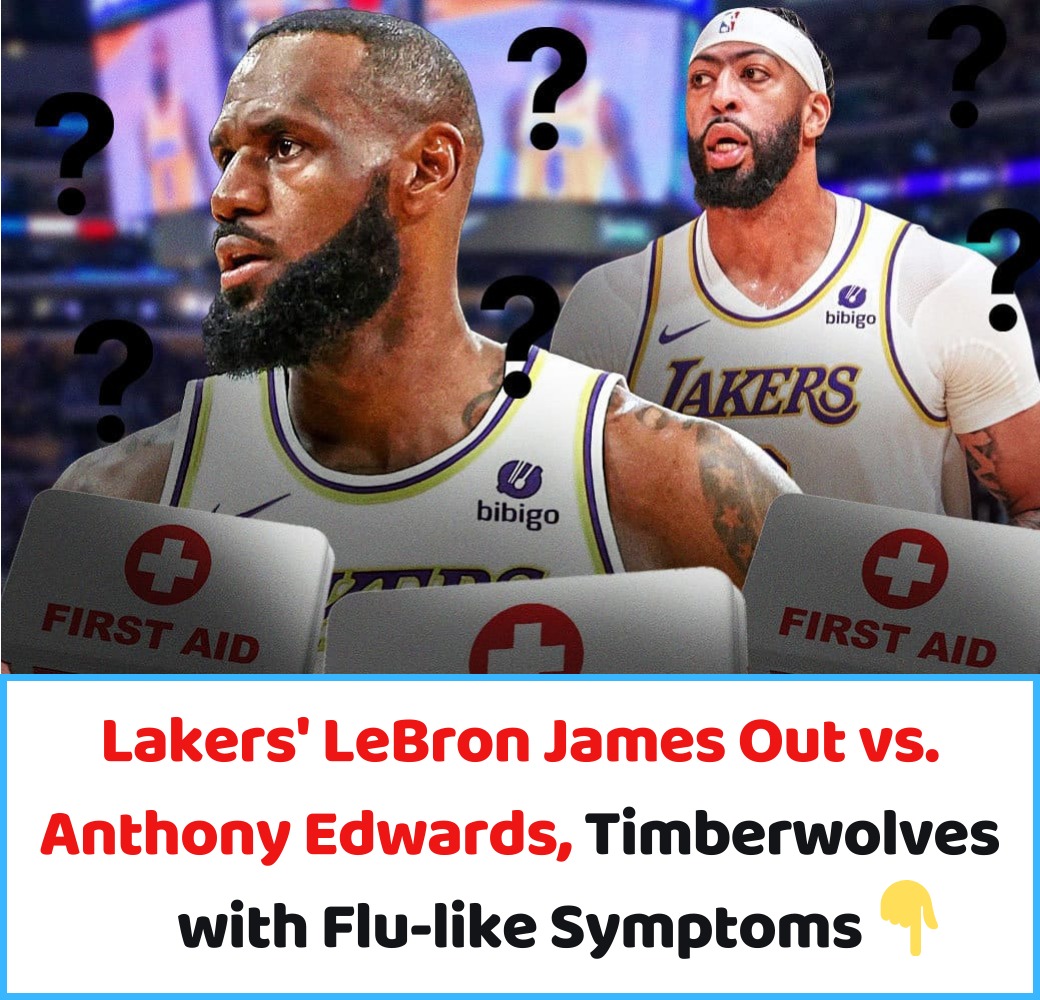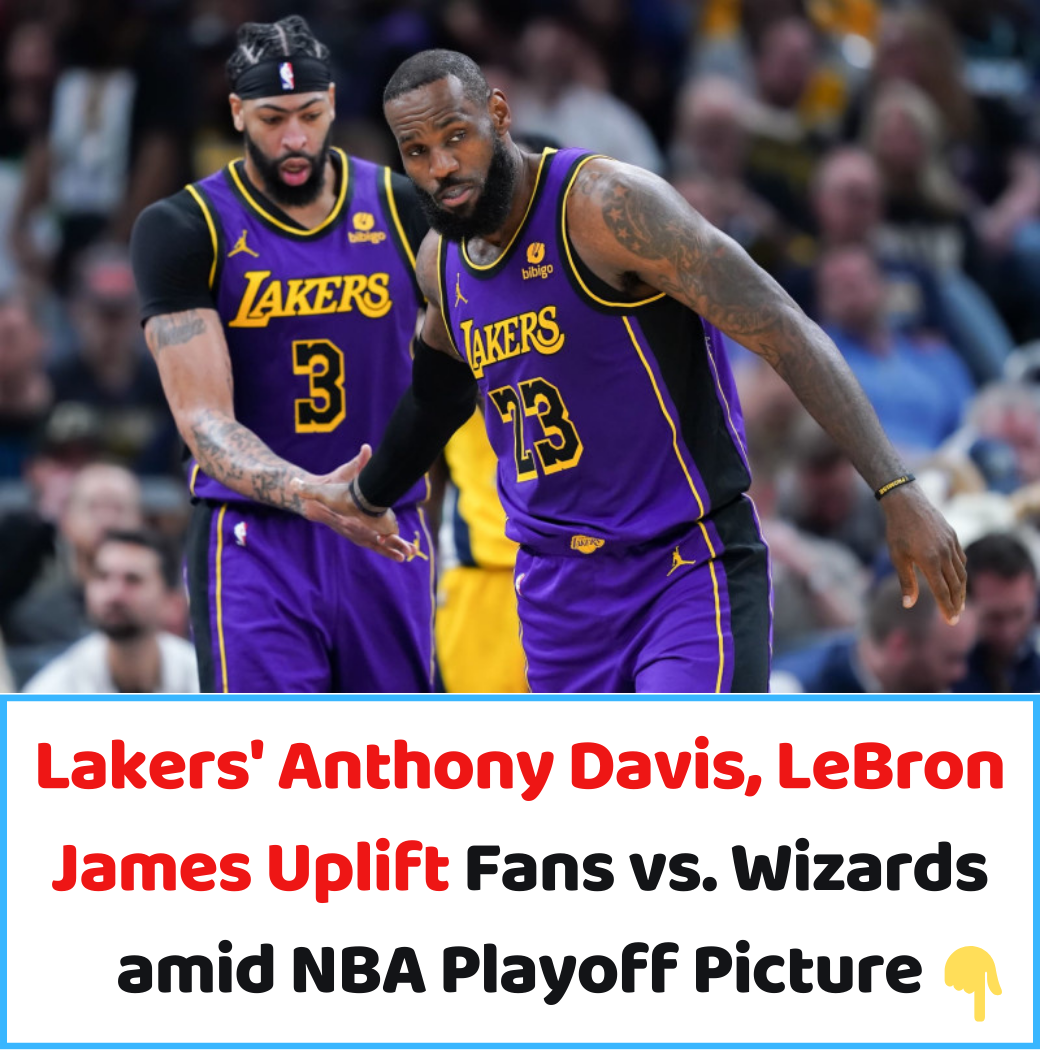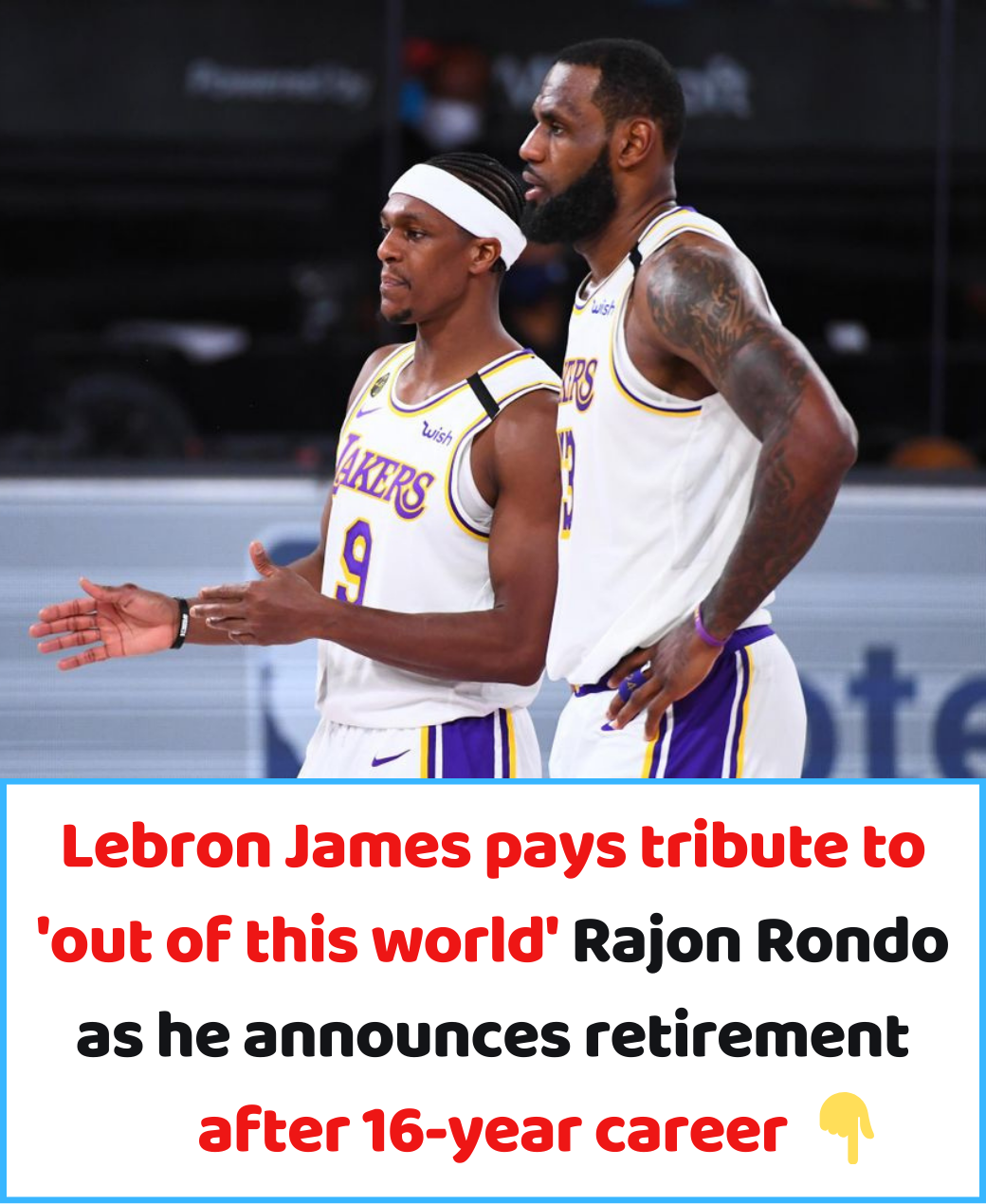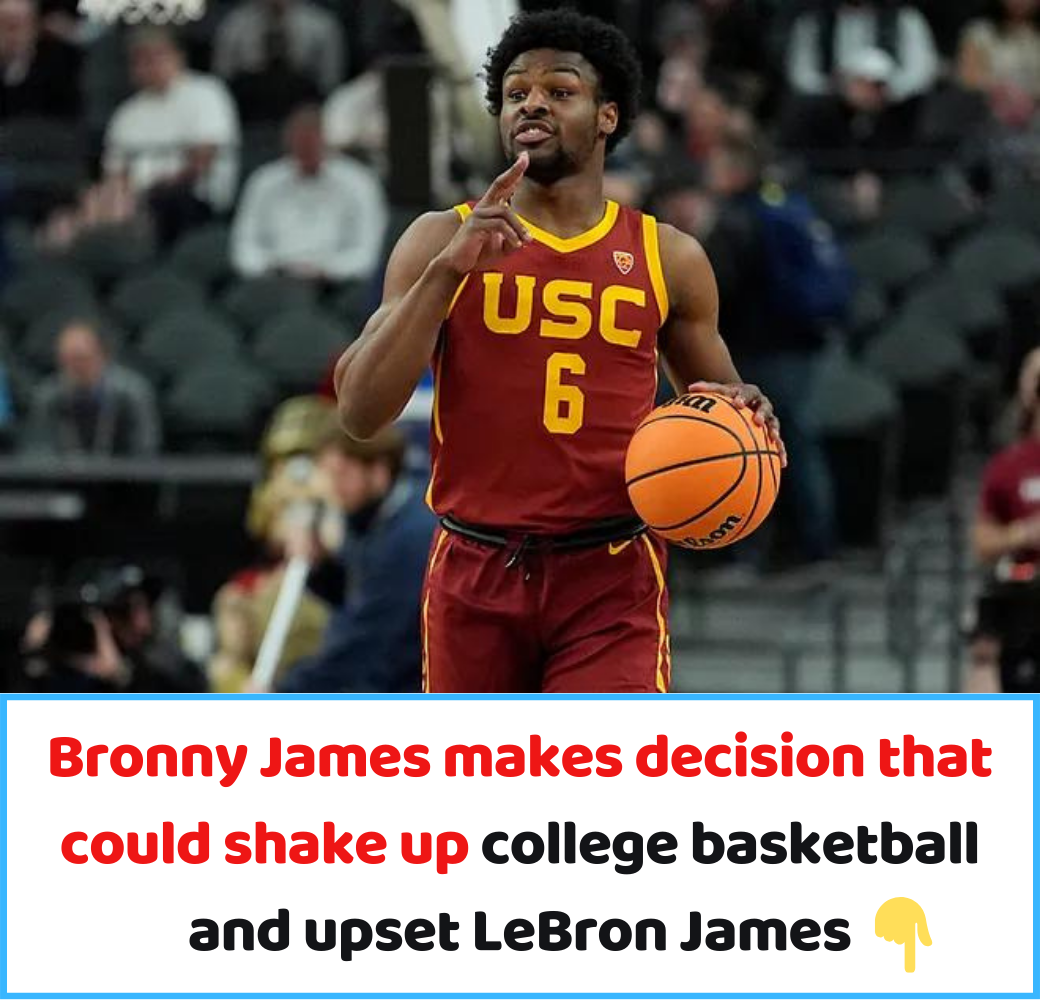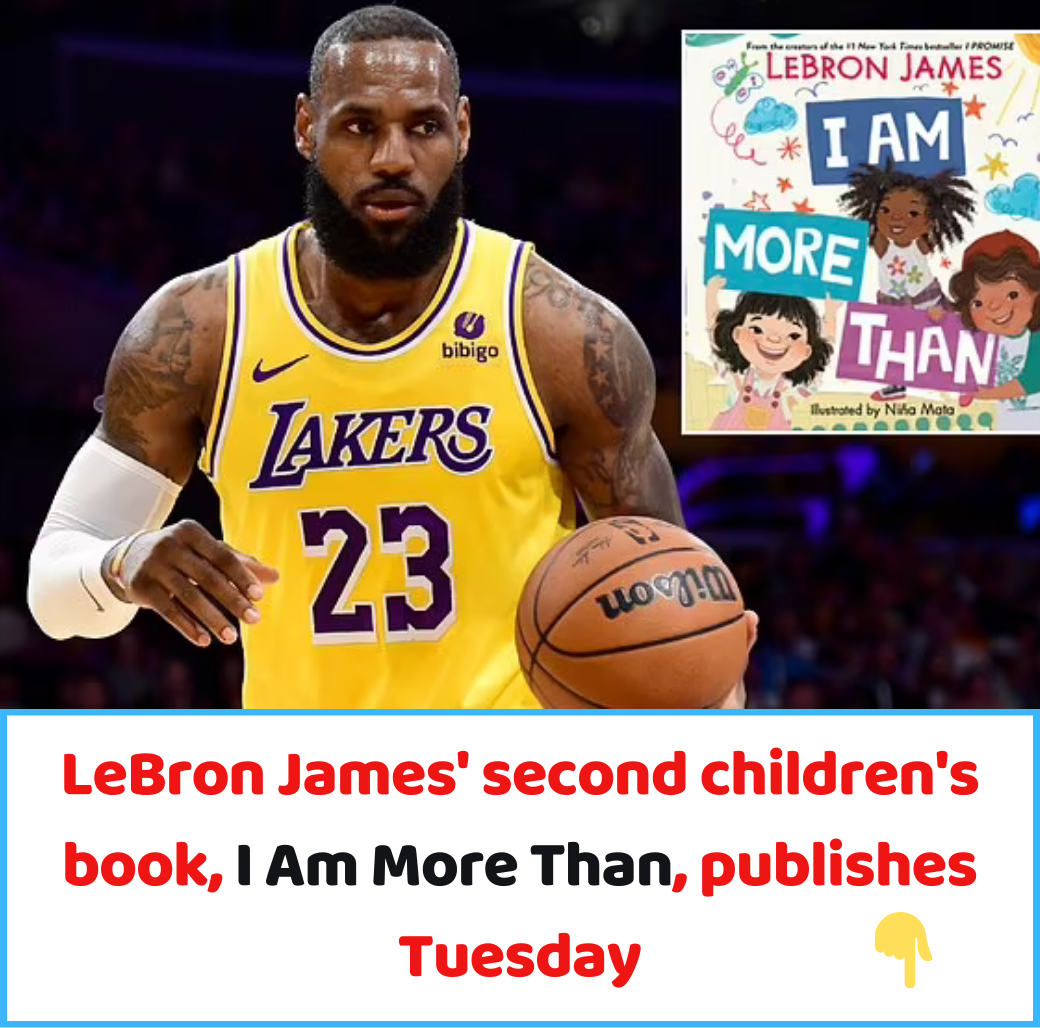For eight years, the union between Kevin Durant and Russell Westbrook in Oklahoma City was defined by polarity. But if Year 1 of their conscious uncoupling was about finding and leaning into their true selves — Durant embracing his identity as the NBA’s most devastatingly talented wallflower while Westbrook engorged himself as basketball’s id — Year 2 has taken their duality in a different direction. Durant’s fake Twitter debacle underlined some of the insecurities he has with his own narrative, but on the court he’s never looked more at peace. Westbrook’s unveiling of a new streetwear line feels like both a passion project and a convenient distraction from what he’s had to deal with on the court — a tumultuous feeling-out process with the additions of Paul George and Carmelo Anthony that hasn’t yet bore fruit. Both players have seen their scoring average dip far below their career norms. Durant’s 24.9 points per game is the lowest since his rookie season; Westbrook’s 20.1 is the lowest since his sophomore season. Yet the circumstances behind the numbers couldn’t be more different, and their two divergent paths offer two perspectives on the superteam quandary.
/cdn.vox-cdn.com/uploads/chorus_image/image/49602947/GettyImages-490253775.0.jpg)
Russ is technically doing his part in making the transition as smooth as possible for his new costars. Against all odds, he has looked more and more like a traditional point guard this season, aiming to feed the mouths around him before calling his own number. He’s an id learning how to be a superego. But it’s come at the expense of what makes him unique. Nothing about his passing stats would lead you to believe anything has changed: He leads the league in potential assists (passes to field goal attempts that would count as an assist if the shot went in) at 19.9 per game, a figure virtually identical to last season’s. The number of passes made and received haven’t changed much, either. What has changed is his approach and mentality.
In his best moments as a distributor, Westbrook being three steps quicker than his opponent enables him to make plays that few in the league can; his athleticism is a Speed Force unto itself, slowing down his periphery as he accelerates, making accessible avenues visible even while he’s hurtling down the court at full charge. In his worst moments, he is deliberate, telegraphing his intentions for the world to see. Lately, Westbrook’s game has been dogged by a lack of focus. There’s an axiom that Russ likes to espouse: The game will tell you what to do. Perhaps Westbrook’s receiving a shoddy transmission.
After taking Danny Green out of the equation in a pick-and-roll last Friday against the Spurs, Westbrook never commits himself to a particular action. His line of sight consistently drifts right, scanning to see if either George or Alex Abrines is open enough to laser a pass to. He doesn’t accelerate fast enough to blow by Pau Gasol, nor does he decelerate fast enough to create openings. He hesitates for a beat, and it’s enough for Green to reenter the frame and block his eventual shot attempt. There are countless other plays like this. His game is sinking into a purgatory of indecisiveness, which is startling for one of the most emphatically decisive players in the game. This isn’t a Russell Westbrook teams fear.
Superteams are complex expressions, and Westbrook is learning firsthand how hard they can be to simplify. Basketball is math on a macro level, but zoomed in, it’s all egos and human error. There is no preset order of operations to adhere to, nothing to eliminate the ambiguity of three star players all accustomed to dealing with pressure situations on the court by themselves. The Thunder’s calculus is off: Anthony is a third option, but he has been a zero on defense and hasn’t yet broken the habit of taking low-percentage shots in isolation; George, as the star in the middle, has had to both elevate his offense to a first-option level while also making astonishing defensive plays nightly to pick up Melo’s slack. Westbrook is the team’s best player, but he’s intentionally limiting himself to provide more opportunities to others.

In a way, Russ’s new approach can be construed as noble. His deference could be a sign that he’s not willing to alienate Anthony and George in the ways he might’ve with Durant. But noble actions can be misguided, too, especially when they enable Melo to be the player he’s been for the past five seasons. Something has to give. Westbrook shouldn’t have to resort to unleashing last season’s self on the team, but he does need to tap back into what makes him so special. Because as it stands, the Thunder look like a superteam wound up in its mortal coil, eating itself alive. If anyone has an answer, it’s going to be Russ.
Since Westbrook and Durant have been a study in extremes for the entirety of their careers, Westbrook’s ineffective juggling act can be counterbalanced only with Durant reaching a sort of Zen state in his basketball career. Durant is not the Warriors’ best offensive player, nor is he the team’s best defensive player. He’s not the team’s leader, but the tool at their disposal that clears the way forward. He is the through line that merges the team-defining talents of Steph Curry and Draymond Green. It’s a synthesis that gives Durant legitimate claim to being the best two-way player in basketball. With nothing left to prove on the offensive end, he’s set his sights on establishing his worth as an All-Defensive Team–caliber defender. The question isn’t whether he is one (he is), it’s whether he’ll be recognized as such. For one of the greatest scorers in the history of basketball, such a sharp shift in focus is effectively an obliteration of his past self. The same void that draws out his vulnerabilities in real life — that brought him out to Golden State in the first place — has also beckoned him to become a completist on the hardwood.
Durant is the superteam exception that proves the rule. There was hardly an adjustment period for him; in his first 20 games with Golden State, he put up the most efficient scoring numbers in his career. There was no question about how it’d work, about where he’d be on the floor. Everything clicked. If anything, Durant was too ready to fit in. One of his early vices was the nonessential no-look bounce passes he’d toss to cutters, each one made with a slight grin and a message attached: See? I’m a Warrior now. Things rarely coalesce so seamlessly. They did for Durant, and that shaped the landscape of the NBA as we know it.
Acclimating Durant to the Golden State system was the final process in completing the team’s basketball algorithm, and it can feel like the Warriors are just running simulations to test for error. One of the rare occasions in which the team felt compelling this season was when it faced a squad with variables that Golden State couldn’t always account for. The Warriors’ 47-point third quarter against the Sixers last weekend was the most stunning 12-minute performance of the season, with one of Curry’s trademark 20-point quarters. Durant was content to retreat to the background, quietly serving as a defensive fulcrum during a run that allowed only 15 third-quarter points. The game tells you what to do, and Durant, now fully attuned to his surroundings, drifts to wherever he’s needed.
The Thunder will step on their home floor Wednesday night as the best first-quarter team in the NBA, outscoring opponents at a rate of 20.9 points per 100 possessions; the Warriors will arrive in Oklahoma City with an unfathomable 26.6 net rating in third quarters. The Thunder run roughshod over an opponent in the first frame only to cough up the lead with poor bench play and a meandering late-game offense. Golden State plays possum for an entire half before flipping a switch and exterminating teams with a thousand cuts.
As the story goes, OKC and Golden State will enter their game on the eve of Thanksgiving as mirrors of one another; we don’t need to count the ways. Even a view from the bench, to which Durant may be relegated because of a nagging ankle, will show that the divide that’s defined both of the former teammates for a decade has never been bigger.
